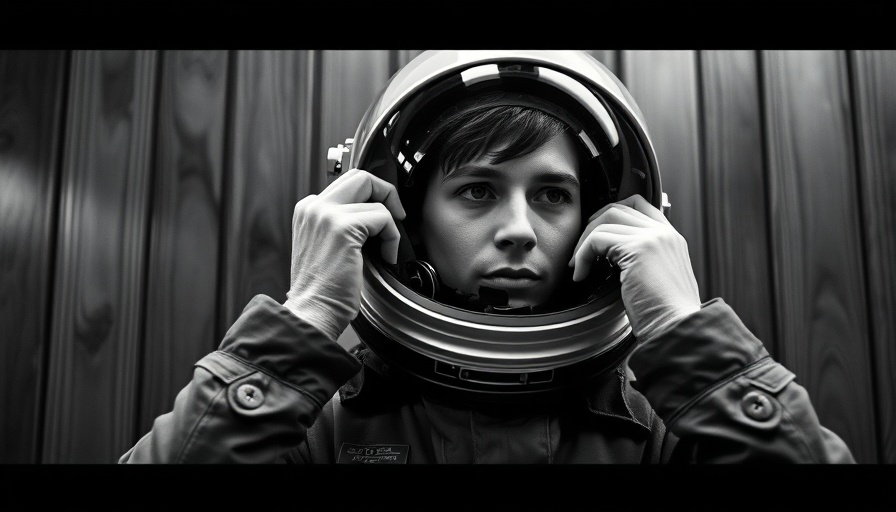
A Journey Through the Cosmos: 1950s Sci-Fi Television
As television sets began to dominate living rooms across America in the 1950s, a new genre began to capture the public's imagination: science fiction. During this dynamic decade, which coincided with the launch of the Soviet satellite Sputnik, the airwaves became a canvas for earthly marvels and interstellar voyages, reflecting society's burgeoning interest in outer space and technological advancement.
Pioneering shows that bridged sci-fi and the average viewer
Flashback to a time when families gathered around flickering screens, often enamored with shows that intertwined fantasy with basic human drama. One of the earliest sci-fi television series, Captain Video and His Video Rangers, debuted on the now-defunct DuMont Network in 1949, paving the way for countless imitators. This program captivated children and adults alike, fostering a cultural fascination with space exploration and its possibilities.
A few years later, Space Patrol took to the airwaves, inviting viewers into a world of adventures with Commander Buzz Corry and his trusty sidekick as they battled cosmic villains. It was not only groundbreaking for its storytelling but was also integral in shaping the future of children's programming by mixing educational elements into the narrative, thus foreshadowing what was to come with the advent of more serious sci-fi series.
The Twilight Zone: A Different Dimension of Storytelling
The crown jewel of 1950s science fiction television must be The Twilight Zone, which debuted in 1959. Created by Rod Serling, this anthology series offered audiences thrilling and thought-provoking tales involving moral dilemmas and the supernatural that often mirrored contemporary social issues. Unlike its predecessors, it was bold in its storytelling, frequently addressing themes such as race and inequality.
Within its 152 episodes, The Twilight Zone threw open the door to discussions that many television shows had previously avoided, serving as a mirror to the nation and its struggles. In a whimsical way, it provided a platform for critical engagement with viewers, making sci-fi not just entertainment but a vehicle for social commentary.
How technology and storytelling transformed the decade
The technology of the time also played a part in the evolution of science fiction storytelling. Series such as Science Fiction Theatre attempted to tackle serious themes with a fraction of the budget that would be considered today. Despite these limitations, shows often managed to present captivating and imaginative tales. The emphasis on educational content in children’s programs further exemplified how these early sci-fi narratives laid the groundwork for future generations of science fiction storytelling.
Legacy of 1950s Sci-Fi TV Shows
The impact of these formative shows can still be felt today. They sparked a cultural fascination with space that catalyzed real-world scientific pursuits, influencing everything from how we view exploration to the very definitions of heroism in the face of the unknown. The allure of the stars and the mysteries of the universe became a permanent aspect of American culture, largely thanks to the pioneers of 1950s sci-fi television.
As viewers reflect on this golden era of television, it's essential to consider the profound influence these shows had, not just on entertainment, but on contemporary perceptions of technological advancements and storytelling methods. Shows like The Twilight Zone didn’t just entertain; they taught audiences about empathy, morality, and the complexities of human experience through the lens of speculative fiction.
 Add Row
Add Row  Add
Add 




Write A Comment